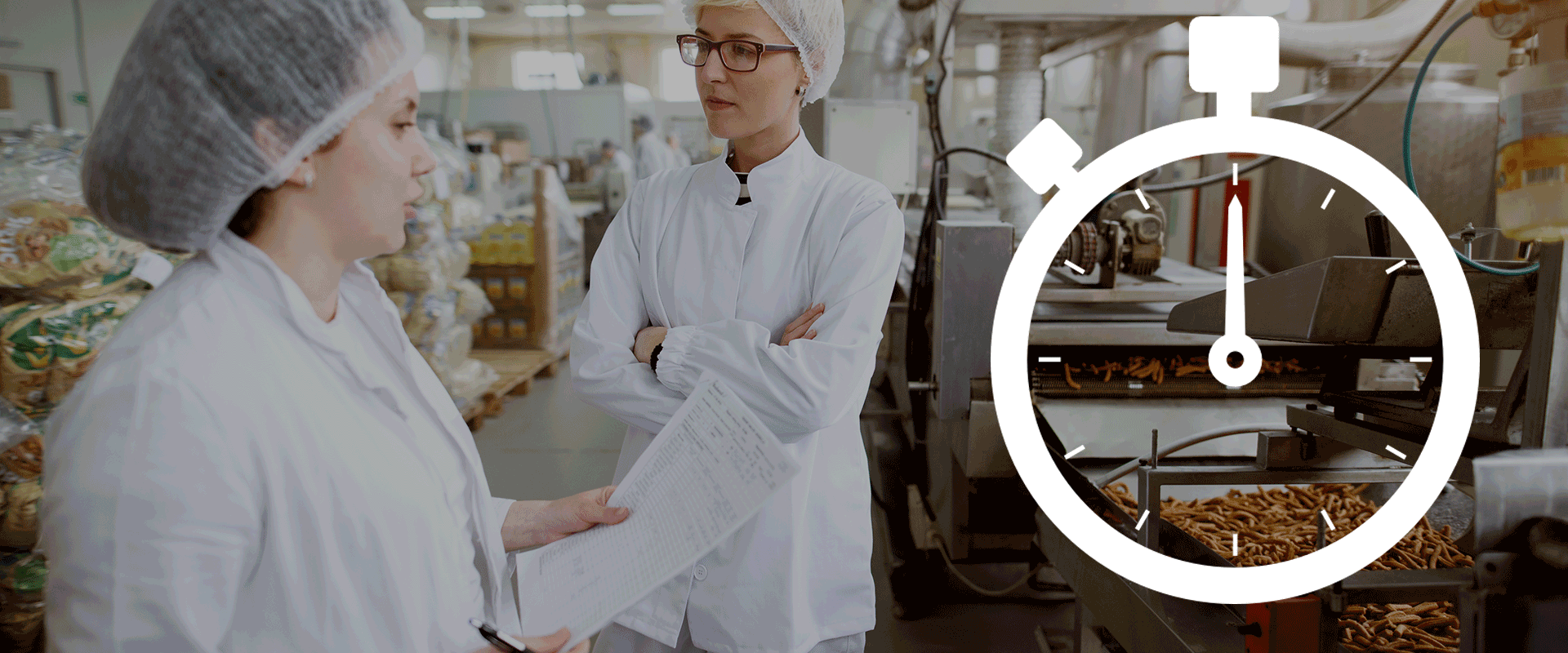Improving manufacturing productivity and reducing costs comes down to visibility. Having real-time visibility into what’s happening on the shop floor gives manufacturers an unprecedented opportunity to collect, organize, and analyze data quickly. With a plethora of valuable information so readily available, factories can improve processes, workflows, scheduling, and procedures—which can make a significant difference to the bottom line.
All of this adds up to a continuous improvement loop that helps factories meet KPIs and deadlines, keeping both the C-suite and customers happy.
However, factories that are still using manual methods, usually in the form of static spreadsheets, will never really understand their full potential. Manufacturers who have embraced Industry 4.0 automation and made the digital factory transformation have gained comprehensive insights that will continue to make competitive gains. The cost of the digital technology necessary to make such advancements is far outweighed by the benefits.
Let’s look at what real-time visibility can do.
The Benefits of Visibility (or Smart Factory Solutions) Are Worth the Costs
Seeing how your factory performs in real time can provide almost unlimited insights into ways to improve business performance. Visibility is the first step toward awareness, and once you have a real-time and real-life picture of what’s happening, you can make process improvements immediately. The only way to do that is to use Industry 4.o technology that can turn your factory into a digital factory.
These Smart Factory solutions bring never-before-seen value and can increase productivity 10-1,000 percent. Of course, 1,000 percent is extreme and unlikely, but it has been done. Forgetting about the extreme number, let’s focus on the other number—10 percent. Think about what a 10 percent increase in productivity can mean for your organization.
Even if you’re hitting your KPIs and budgets, if you’re using manual processes and don’t have access to real-time data, the shop floor will never reach its potential. Having visibility into everything can reveal things like:
- Opportunities to improve cadence efficiencies
- Gaps in training that could be keeping the line from maximum output
- Obvious ways to improve changeover workflows
If you could see a 10 percent improvement in those three areas, imagine the cost savings. Efficiency improvements of any type on the shop floor are welcome because every little effort saves costs. Smart Factory analytics aren’t free, but they’re well worth the cost.
Making the Capex Case for Smart Factory Solutions
Decision makers are used to balking at factory technology price tags—they can be enormous, and the ROI isn’t always easy to see. Manufacturers have always been nervous about making major technology upgrades or changes because implementation and training alone usually eat up a costly number of hours. Nobody wants to get blamed for giving the green light to an enormous capital expenditure (capex) that never shows ROI.
But today we have software as a service (SaaS), and it has made implementing and using new factory technology much easier and much less expensive. Most solutions are quickly implemented, and factories can start seeing actionable data almost immediately.
Benchmark OEE, Then Show Improvements
Benchmarking your overall equipment effectiveness (OEE) gives you an idea of how much you can improve. An OEE score of 100 would be great, but it’s not a realistic goal for most manufacturers, so set incremental goals you can reach.
Using digital factory technology, you can get more accurate OEE benchmarks and then get the visibility you need to make immediate changes. You might see a way to make workflow changes during a shift to get better outcomes right away, or you may find that the data you get from the sensors proves that your previous data on machine performance is no longer correct. Smart Factory technology even measures human behavior and can show you gaps in training that can be rectified immediately to improve performance.
Additionally, the right solution will help you monitor equipment performance to create proactive maintenance plans and help you better estimate the life of machinery, so you can better plan replacements.
Justifying the capex for Smart Factory technology is a lot easier when you can show significant, quick ROI.
Increasing Manufacturing Productivity Means Embracing SaaS
What would a 10 percent increase in efficiency mean for your factory? For this food manufacturer, becoming a Smart Factory was a game changer, with an increased productivity by 14 percent. The results are impressive, and neither factory was required to have existing infrastructure—and implementation took mere days. That’s the power of using SaaS to gain visibility into your factory operations.
Worximity’s Industry 4.0 technologies for continuous improvements are helping manufacturing leaders across the world focus on what matters most: making better decisions. With our Tile+ digital shop floor, Tileconnect® collection devices, and Tilelytics data analytics, factories worldwide are using visibility to find efficiencies, save costs, and improve performance.
See for yourself what Smart Factory analytics can do. Talk to one of our experts—request a demo.















